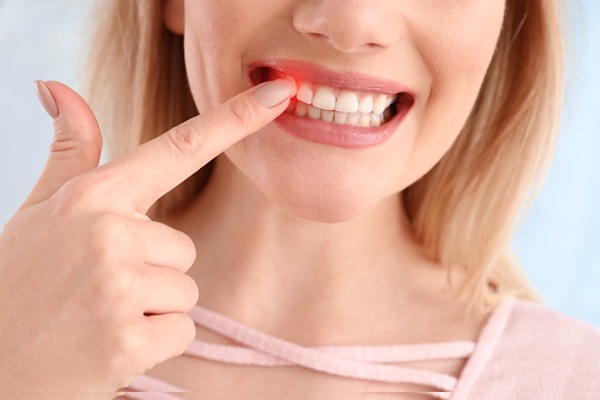Things You Should Know About Dentures Right Now

Dentures have changed quite drastically in the last several years. Modern dentures are sturdy, flexible and very natural looking. You most likely will not even be able to tell when someone is wearing them! Read on to learn all about dentures.
What are dentures?
Dentures are custom-made artificial teeth and gums that form to your mouth to replace lost or removed teeth. In most cases, dentures are removable. They are generally made of porcelain or hard resin and can be either complete dentures or partial dentures.
Complete dentures
Complete dentures are used when all the teeth are missing. They can be fitted to both your top and bottom gum line. Some dentures use suction to stay in place, while others use an oral adhesive. A complete set of dentures is worn throughout the day but removed for cleaning and sleeping at night.
Partial dentures
This form of denture is often best when you are only missing a few teeth. A partial denture is a flexible plastic frame with one or more prosthetic teeth attached to it. Partial dentures can either be clipped on to your remaining natural teeth or cemented into place as a permanent bridge.
How to care for dentures
It is essential to care for dentures, but luckily, the necessary care is quite simple. Rule number one is always to clean your dentures at least twice a day. Cleaning is done in a few steps:
- Brush: Carefully remove food residue, plaque and tartar by gently brushing with a denture brush or soft toothbrush and denture paste
- Soak: Allow your dentures to soak overnight in warm water and a dissolvable denture cleaner
- Brush and rinse: After soaking throughout the night, you will want to brush again and rinse
Do not forget that your gums need care as well. Gently brush your gums with a very soft toothbrush or soft washcloth before inserting and after removing your dentures. There are a few things you will want to avoid to keep your dentures in great shape.
Foods to avoid
- Coffee and tea: Caffeine dehydrates you and can lead to dry mouth, which can cause your dentures to rub and irritate your gums
- Crunchy or sticky foods: Sticky foods, such as caramel or fruit chews, will almost always dislodge your dentures
- Crunchy foods, nuts and seeds: Small bits of popcorn, nuts or seeds can get lodged between your dentures and gums. This can lead to pain and irritation
- Hard-to-chew foods: Corn on the cob, whole apples or carrots can put too much pressure on the front of your dentures and lead to sore spots in your mouth
Products to avoid
- Regular toothpaste: Regular toothpaste is much too abrasive for dentures and can cause damage such as scratches or wearing down of material
- Bleaching products: Bleaching cream or rinse can weaken dentures and make them more susceptible to damage, as well as discolor in a way that looks less natural
Have questions?
If you still have questions about dentures or are not sure if dentures are right for you, call our office. We can work with you to find a denture option that suits your lifestyle.
Request an appointment here: https://www.7300FranceDental.com or call France Dental at (952) 254-4266 for an appointment in our Edina office.
Check out what others are saying about our denture care services on Yelp: Denture Care.
Recent Posts
Thinking about choosing implant-supported dentures to replace your missing teeth? This type of denture offers many benefits, which is why this denture choice has become so popular. However, properly caring for dentures supported by implants is necessary so they will last for many years.While there are many different types of denture choices to choose from,…
Implant-supported dentures are often preferred over their conventional counterparts due to the excellent stability they provide and their bone preserving properties. Unlike traditional dentures, which rest on the wearer’s gums and are held in place via suction, implant-supported dentures are attached to implants that are strategically inserted into the patient’s jaw.Thinking about giving implant-supported dentures…
Implant supported dentures provide more stability than their traditional counterparts. They are virtually as stable as real teeth because they are attached to implants that have fused with the patient's jawbone. The result is a more comfortable denture set and preserved jawbone tissue.Traditional dentures are the most economical restoration when it comes to replacing missing…
If you have a missing tooth, you may feel a lot of embarrassment. It is possible that you wish to avoid smiling or even being around other people. There can be health effects of missing a tooth too. It is difficult to eat when you have lost a tooth. You do not have to live…


